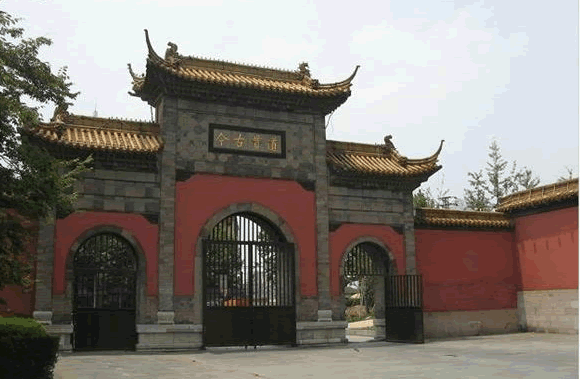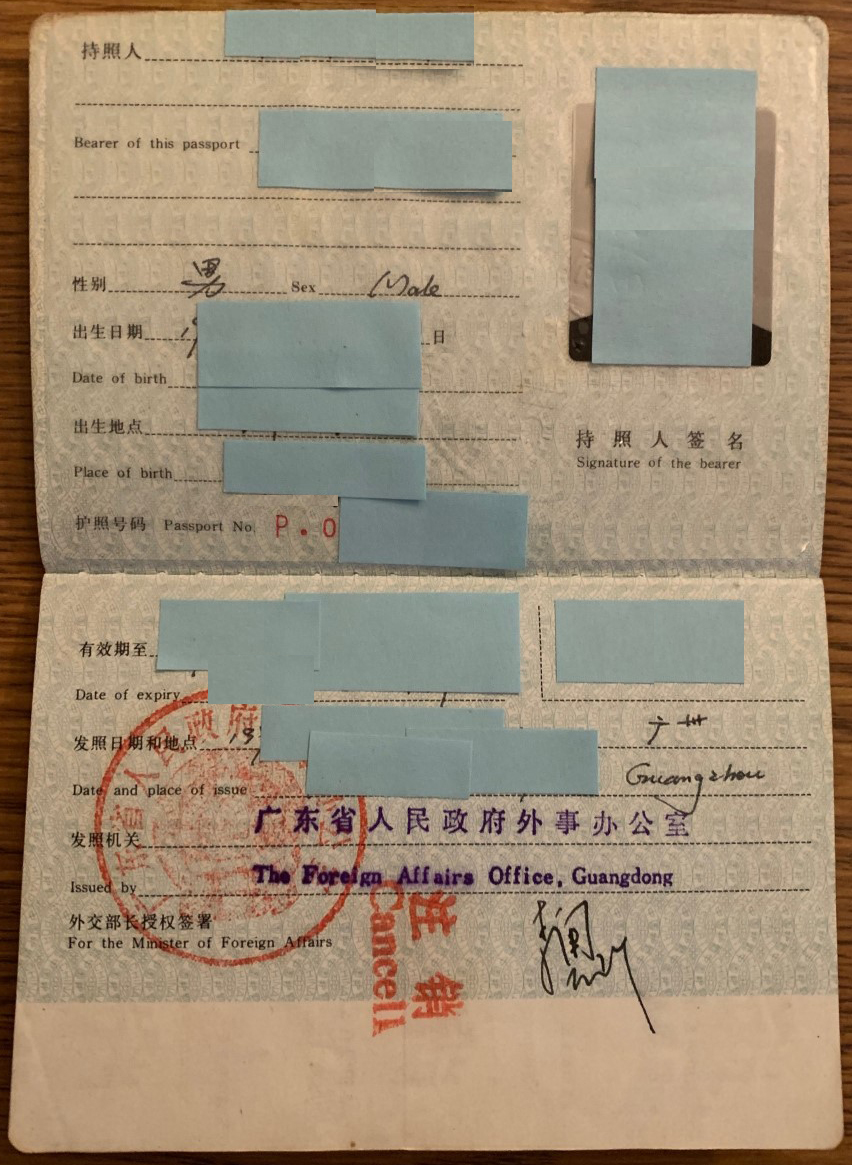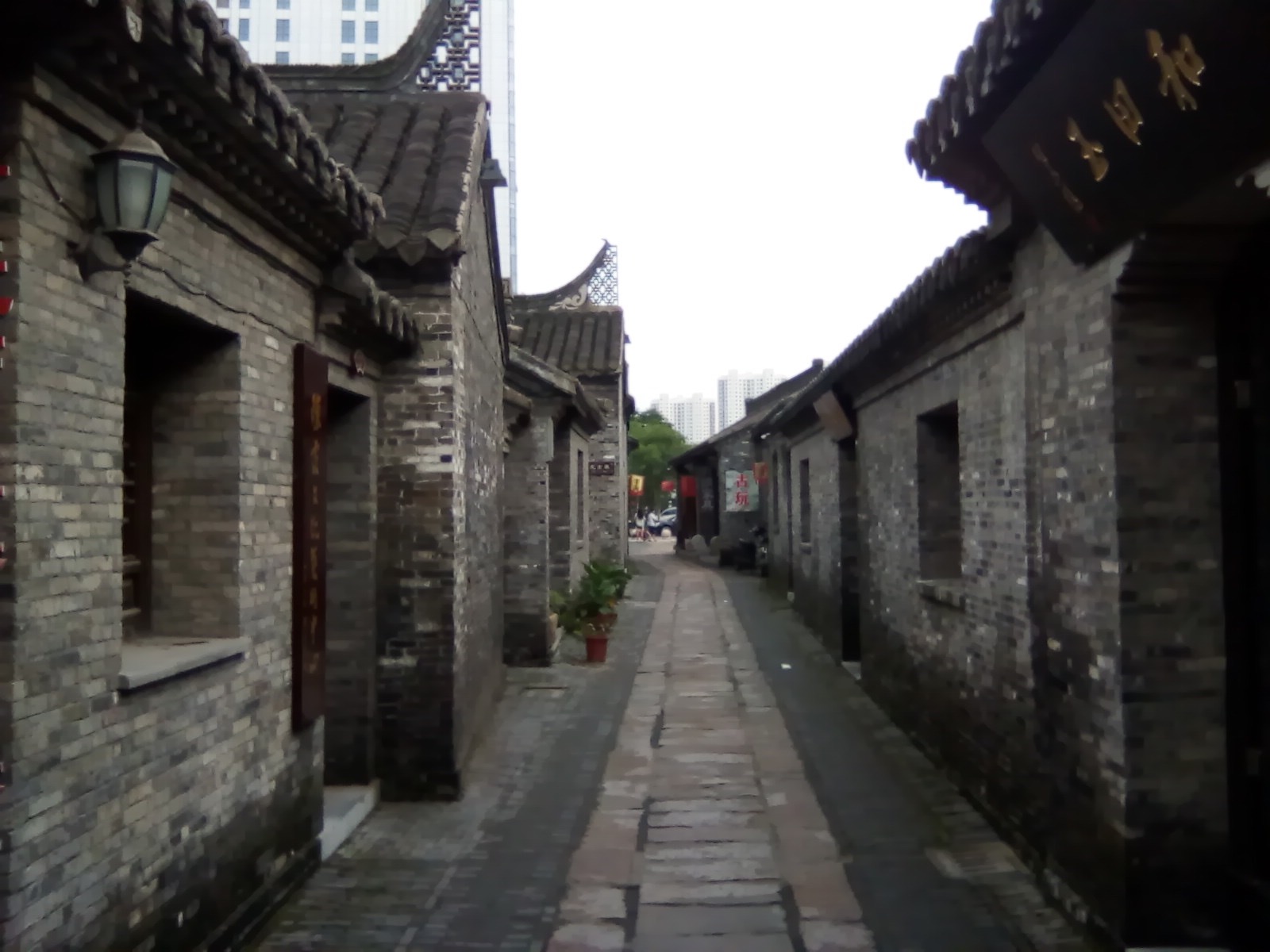|
Wang Yu-chi
Wang Yu-chi () is a Taiwanese politician. He was the Minister of the Mainland Affairs Council (MAC) of the Executive Yuan since 28 September 2012 until 16 February 2015, when he resigned over the dropping of espionage charges brought against Chang Hsien-yao. Wang is the first ROC ministerial-level government official to visit Mainland China after the end of the Chinese Civil War in 1949. Education Wang earned his bachelor's degree in law from the National Taiwan University (NTU). During his third year of university in NTU, he went to Singapore for the finals of the annual Asian varsities debate hosted by then Singapore Broadcasting Corporation. As a member of the NTU team, Wang argued persuasively against his group opponent from Nanjing University, saying that "mankind co-existing in peace is an impossible ideal". His team won. He then continued his master's degree in law from Indiana University in the United States. ROC Mainland Affairs Council Chinese leader photo ID test ... [...More Info...] [...Related Items...] OR: [Wikipedia] [Google] [Baidu] |
Wang (surname)
Wang () is the pinyin romanization of Chinese, romanization of the common Chinese surnames (''Wáng'') and (''Wāng''). It is currently the list of common Chinese surnames, most common surname in mainland China, as well as the most common surname in the world, with more than 107 million worldwide. [Public Security Bureau Statistics: 'Wang' Found China's #1 'Big Family', Includes 92.88m People]." 24 Apr 2007. Accessed 27 Mar 2012. Wáng () was listed as 8th on the famous Song Dynasty list of the ''Hundred Family Surnames.'' Wāng () was 104th of the ''Hundred Family Surnames''; it is currently the list of common Chinese surnames, 58th-most-common surname in mainland China. Wang is also a surname in several European countries. Romanizations is also romanized as Wong (surname), Wong in Hong Kong, ...[...More Info...] [...Related Items...] OR: [Wikipedia] [Google] [Baidu] |
Nanjing University
Nanjing University (NJU; ) is a national public research university in Nanjing, Jiangsu. It is a member of C9 League and a Class A Double First Class University designated by the Chinese central government. NJU has two main campuses: the Xianlin campus in the northeast of Nanjing, and the Gulou campus in the city center of Nanjing. Established in 1902 as Sanjiang Normal School, Nanjing University underwent a number of name changes, such as Nanjing Higher Normal School, National Southeastern University and National Central University, until it was renamed Nanjing University in 1950. It merged with the University of Nanking in 1952. NJU is perennially ranked one of the best research universities in China, and one of the most selective universities in the nation. As of 2022, Nanjing University ranked 7th in China and 95th globally by Times Higher Education World University Rankings. Regarding scientific research output, the Nature Index Annual Table 2022 ranked Nanjing Universit ... [...More Info...] [...Related Items...] OR: [Wikipedia] [Google] [Baidu] |
Strait Exchange Foundation
The Straits Exchange Foundation (SEF; ; often abbreviated as 海基會) is a semiofficial organization set up by the Government of the Republic of China (Taiwan) to handle technical and/or business matters with the People's Republic of China (PRC). Though technically a private organization, it is funded by the government and under the supervision of the Mainland Affairs Council of the Executive Yuan. Its role is effectively to function as the ''de facto'' embassy to the PRC, as a means of avoiding acknowledgement of the PRC's statehood status. Its counterpart in the PRC is the Association for Relations Across the Taiwan Straits (ARATS). History Due to the complexity of the political and legal status of cross-strait relations and lack of contact between the two sides, the ROC government had to create an intermediary body from the private sector to deal with all cross-strait matters. Thus on 9 March 1991, the SEF was formally established with the help of the government and pr ... [...More Info...] [...Related Items...] OR: [Wikipedia] [Google] [Baidu] |
Great Wall Of China
The Great Wall of China (, literally "ten thousand ''li'' wall") is a series of fortifications that were built across the historical northern borders of ancient Chinese states and Imperial China as protection against various nomadic groups from the Eurasian Steppe. Several walls were built from as early as the 7th century BC, with selective stretches later joined by Qin Shi Huang (220–206 BC), the first emperor of China. Little of the Qin wall remains. Later on, many successive dynasties built and maintained multiple stretches of border walls. The best-known sections of the wall were built by the Ming dynasty (1368–1644). Apart from defense, other purposes of the Great Wall have included border controls, allowing the imposition of duties on goods transported along the Silk Road, regulation or encouragement of trade and the control of immigration and emigration. Furthermore, the defensive characteristics of the Great Wall were enhanced by the construction o ... [...More Info...] [...Related Items...] OR: [Wikipedia] [Google] [Baidu] |
Tiananmen Square
Tiananmen Square or Tian'anmen Square (; 天安门广场; Pinyin: ''Tiān'ānmén Guǎngchǎng''; Wade–Giles: ''Tʻien1-an1-mên2 Kuang3-chʻang3'') is a city square in the city center of Beijing, China, named after the eponymous Tiananmen ("Gate of Heavenly Peace") located to its north, which separates it from the Forbidden City. The square contains the Monument to the People's Heroes, the Great Hall of the People, the National Museum of China, and the Mausoleum of Mao Zedong. Mao Zedong proclaimed the founding of the People's Republic of China in the square on October 1, 1949; the anniversary of this event is still observed there. The size of Tiananmen Square is 765 x 282 meters (215,730 m2 or 53.31 acres). It has great cultural significance as it was the site of several important events in Chinese history. Outside China, the square is best known for the 1989 protests and massacre that ended with a military crackdown, which is also known as the Tiananmen Square Massacre ... [...More Info...] [...Related Items...] OR: [Wikipedia] [Google] [Baidu] |
Chingshui Cliff
Qingshui Cliff () is a 21 kilometer length of coastal cliffs averaging 800 meters above sea level in Xiulin Township, Hualien County, Taiwan. The tallest peak, Qingshui Mountain, rises 2408 meters directly from the Pacific Ocean. The cliff is located at the southern part of the Suhua Highway that connects the counties of Yilan and Hualien in eastern Taiwan. It is considered to be a very scenic area and is the highest coastal cliff in Taiwan. It is located within Taroko National Park. Geology The formation of the Qingshui Cliff was caused by the orogenic movement, with the Philippine Plate and the Eurasian Plate forming a fault line. The outcropping above sea level is composed of metamorphosed limestone marble, gneiss, and green schist, and is classified as a metamorphic complex area of Dananao on the geological map. Because there are very few coastal cliffs in the world that exhibit such a great elevation drop, the natural landscape of "high cliff valley" makes Qingshui cliff a ... [...More Info...] [...Related Items...] OR: [Wikipedia] [Google] [Baidu] |
Sun Moon Lake
Sun Moon Lake (; Thao: ''Zintun'') is a lake in Yuchi Township, Nantou County, Taiwan. It is the largest body of water in Taiwan. The area around the lake is home to the Thao tribe, one of aboriginal tribes of Taiwan. Sun Moon Lake surrounds a tiny island called Lalu. The east side of the lake resembles a sun while the west side resembles a moon, hence the name. Sun Moon Lake is located above sea level. It is deep and has a surface area of approximately . The area surrounding the lake has many trails for hiking. While swimming in Sun Moon Lake is usually not permitted, there is an annual 3-km race called the ''Swimming Carnival of Sun Moon Lake'' held around the Mid-Autumn Festival each year. The Sun Moon Lake Swimming Carnival was launched in 1983 and is listed among the Top 50 Open Water Swims in Asia and the Top 100 Open Water Swims of the World. Everyone over 10 years old and with the ability to swim long distances can join, regardless of nationality. In recent years, ... [...More Info...] [...Related Items...] OR: [Wikipedia] [Google] [Baidu] |
People's Republic Of China Passport
The People's Republic of China Passport (), commonly referred to as the Chinese passport, is a passport issued to citizens of the People's Republic of China (PRC) for the purpose of international travel, and entitles its bearer to the protection of China's consular officials overseas. On 1 July 2011, the Ministry of Foreign Affairs of the People's Republic of China launched a trial issuance of e-passports for individuals conducting public affairs work overseas on behalf of the Chinese government. The face, fingerprints, and other biometric features of the passport holder is digitized and stored in pre-installed contactless smart chip, along with "the passport owner's name, sex and personal photo as well as the passport's term of validity and hedigital certificate of the chip". Ordinary biometric passports were introduced by the Ministry of Public Security on 15 May 2012. As of January 2015, all new passports issued by China are biometric e-passports, and non-biometric passpo ... [...More Info...] [...Related Items...] OR: [Wikipedia] [Google] [Baidu] |
Xi Jinping
Xi Jinping ( ; ; ; born 15 June 1953) is a Chinese politician who has served as the general secretary of the Chinese Communist Party (CCP) and chairman of the Central Military Commission (CMC), and thus as the paramount leader of China, since 2012. Xi has also served as the president of the People's Republic of China (PRC) since 2013. The son of Chinese Communist veteran Xi Zhongxun, Xi was exiled to rural Yanchuan County as a teenager following his father's purge during the Cultural Revolution. He lived in a yaodong in the village of Liangjiahe, Shaanxi province, where he joined the CCP after several failed attempts and worked as the local party secretary. After studying chemical engineering at Tsinghua University as a worker-peasant-soldier student, Xi rose through the ranks politically in China's coastal provinces. Xi was governor of Fujian from 1999 to 2002, before becoming governor and party secretary of neighboring Zhejiang from 2002 to 2007. Following dismissal of ... [...More Info...] [...Related Items...] OR: [Wikipedia] [Google] [Baidu] |
Hu Jintao
Hu Jintao (born 21 December 1942) is a Chinese politician who served as the 16–17th general secretary of the Chinese Communist Party (CCP) from 2002 to 2012, the 6th president of the People's Republic of China (PRC) from 2003 to 2013, and chairman of the Central Military Commission (CMC) from 2004 to 2012. He was a member of the CCP Politburo Standing Committee, China's ''de facto'' top decision-making body, from 1992 to 2012. Hu was the paramount leader of China from 2002 to 2012. Hu rose to power through the Chinese Communist Party (CCP), notably as Party Committee secretary for Guizhou province and the Tibet Autonomous Region, where his harsh repression of dissent gained him attention from the highest levels. He moved up to first secretary of the CCP Central Secretariat and vice president under CCP general secretary Jiang Zemin. Hu was the first leader of the Communist Party from a generation younger than those who participated in the civil war and the founding of ... [...More Info...] [...Related Items...] OR: [Wikipedia] [Google] [Baidu] |
Legislative Yuan
The Legislative Yuan is the unicameral legislature of the Republic of China (Taiwan) located in Taipei. The Legislative Yuan is composed of 113 members, who are directly elected for 4-year terms by people of the Taiwan Area through a parallel voting system. Originally located in Nanking, the Legislative Yuan, along with the National Assembly (electoral college) and the Control Yuan (upper house), formed the tricameral parliament under the original 1947 Constitution. The Legislative Yuan previously had 759 members representing each constituencies of all provinces, municipalities, Tibet, Outer Mongolia and various professions. Until democratization, the Republic of China was an authoritarian state under Dang Guo, the Legislative Yuan had alternatively been characterized as a rubber stamp for the then-ruling regime of the Kuomintang. Like parliaments or congresses of other countries, the Legislative Yuan is responsible for the passage of legislation, which is then sent to the ... [...More Info...] [...Related Items...] OR: [Wikipedia] [Google] [Baidu] |
Democratic Progressive Party
The Democratic Progressive Party (DPP) is a Taiwanese nationalist and centre-left political party in the Republic of China (Taiwan). Controlling both the Republic of China presidency and the unicameral Legislative Yuan, it is the majority ruling party and the dominant party in the Pan-Green Coalition as of 2022. Founded in 1986 by Hsu Hsin-liang, Hsieh Tsung-min and Lin Shui-chuan, a year prior to the end of martial law, the DPP is one of two major parties in Taiwan, the other being the historically dominant Kuomintang (KMT), which previously ruled the country as a one-party state. It has traditionally been associated with a strong advocacy of human rights, emerging against the authoritarian White Terror that was initiated by the KMT, as well as the promotion of Taiwanese nationalism and identity, in contrast to Chinese unification. The incumbent President and three-time leader of the DPP, Tsai Ing-wen, is the second member of the DPP to hold the office. [...More Info...] [...Related Items...] OR: [Wikipedia] [Google] [Baidu] |








_in_Nanjing%2C_Nov_2017.jpg)
